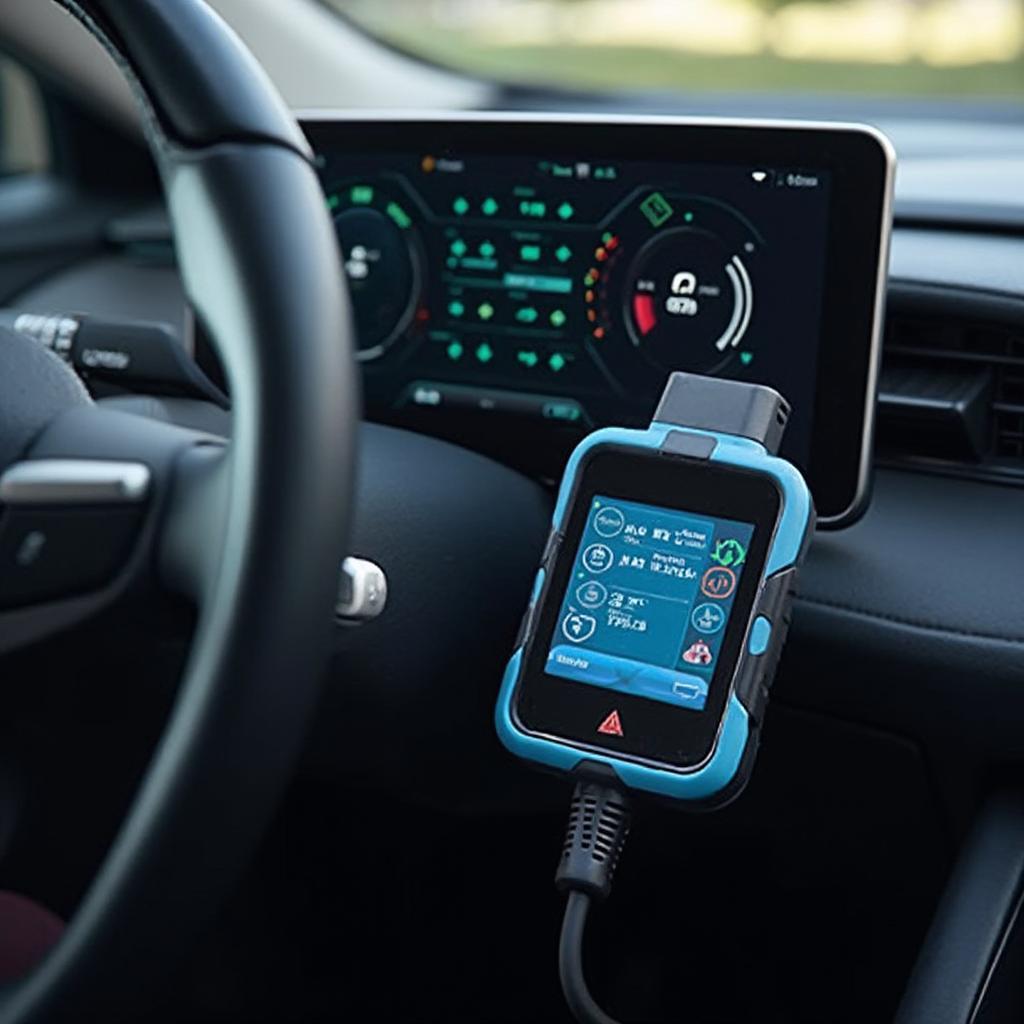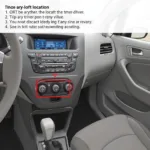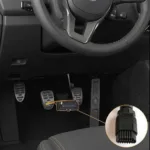OBD2 scanners for electric cars are becoming increasingly important as more and more EVs hit the road. These diagnostic tools provide crucial insights into the health and performance of your electric vehicle, empowering you to address potential issues proactively. Understanding how these scanners work and which one is right for you is key to maintaining your EV’s optimal condition.
Choosing the right OBD2 scanner for your electric car can seem daunting given the variety of options available. This guide will delve into the specifics of using OBD2 scanners with electric vehicles, covering everything from basic functionality to advanced features. We’ll explore the different types of scanners, their compatibility with various EV models, and the essential features to look for when making a purchase. By the end, you’ll be equipped with the knowledge you need to make an informed decision.
Understanding OBD2 Scanners and Electric Vehicles
While traditionally associated with gasoline-powered cars, OBD2 scanners play a vital role in diagnosing electric vehicles too. They communicate with the vehicle’s onboard computer, retrieving diagnostic trouble codes (DTCs) that indicate potential problems. These codes can pinpoint issues ranging from battery health to motor performance and charging system malfunctions. Using an OBD2 scanner, you can identify problems early, potentially saving you costly repairs down the line. For instance, a code like obd2 p1351 can indicate a problem in a traditional gasoline engine, highlighting the importance of diagnostics.
 OBD2 Scanner Connected to an Electric Car
OBD2 Scanner Connected to an Electric Car
Key Features to Look For in an EV OBD2 Scanner
Not all OBD2 scanners are created equal, especially when it comes to electric vehicles. Look for scanners that offer specific EV-related functionalities, such as battery health monitoring, motor temperature readings, and charging system diagnostics. Some advanced scanners even provide access to real-time data streams, allowing you to monitor various parameters during operation. Having access to information like this is vital for long-term EV maintenance and performance optimization.
Battery Health Monitoring with an OBD2 Scanner
One of the most crucial aspects of EV maintenance is monitoring battery health. A good OBD2 scanner for electric cars should provide detailed information about the battery’s state of charge, voltage, and temperature. This data allows you to assess the battery’s overall health and identify potential issues early on.
Decoding Diagnostic Trouble Codes (DTCs)
Understanding DTCs is essential for diagnosing and resolving issues in your electric vehicle. A reliable OBD2 scanner should be able to retrieve and decode these codes, providing clear descriptions of the potential problems they represent. This feature can save you time and money by helping you pinpoint the source of the issue quickly and accurately. For example, if you encounter a 2003 ford f150 v6 obd2 code p1151, understanding the code and its implications is crucial, even though it pertains to a gasoline vehicle.
Choosing the Right OBD2 Scanner for Your Electric Car
With the increasing number of EV models on the market, compatibility is a critical factor to consider. Ensure that the OBD2 scanner you choose is compatible with your specific make and model. Consulting the manufacturer’s specifications or online forums can help you determine the appropriate scanner for your EV. Knowing if your scanner can handle an obd2 430 code is also helpful, as it shows the scanner’s versatility.
Different Types of OBD2 Scanners
There are several types of OBD2 scanners available, ranging from basic code readers to advanced professional-grade tools. Basic code readers are affordable and can retrieve and display DTCs. Mid-range scanners offer more features, such as live data streaming and freeze-frame data. Professional-grade scanners provide the most comprehensive functionality, including bidirectional control and advanced diagnostics.
Maintaining Your Electric Vehicle with an OBD2 Scanner
Regularly using an OBD2 scanner can help you stay on top of your EV’s maintenance and identify potential problems before they become major issues. This proactive approach can extend the life of your vehicle and save you money in the long run. It also provides peace of mind, knowing you have the tools to address any unexpected issues. An OBD2 scanner can even help diagnose issues related to specific error codes, such as the 2007 chevy impala b obd2 code 172-00.
Conclusion
Investing in an OBD2 scanner for your electric car is a wise decision that can empower you to take control of your vehicle’s maintenance. By understanding the features and benefits of these scanners, you can choose the right tool to keep your EV running smoothly for years to come. Don’t underestimate the power of preventative maintenance and diagnostics, especially with the obd2 p0305 code indicating potential engine issues.
FAQ
- Are OBD2 scanners universal for all EVs? No, while the port itself is standardized, the communication protocols and data available can vary between EV makes and models.
- What is the difference between a code reader and a scanner? Code readers retrieve and display DTCs, while scanners offer additional functionalities like live data streaming.
- Can I use an OBD2 scanner to reset check engine lights on an EV? Yes, most OBD2 scanners can clear DTCs and reset the check engine light.
- How often should I use an OBD2 scanner on my EV? Regular checks every few months or before long trips are recommended.
- Do I need a special OBD2 scanner for Tesla vehicles? While standard OBD2 scanners can provide some data, Tesla vehicles often require specialized software for more in-depth diagnostics.
- Can an OBD2 scanner tell me the remaining range of my EV? Some advanced scanners can access this information, but it may not be available on all models.
- What is CAN bus communication? Controller Area Network (CAN bus) is the communication system used by most modern vehicles, including EVs, to transmit data between different modules.
Need help with your car diagnostics? Contact us via WhatsApp: +1(641)206-8880 or Email: [email protected]. Our customer support team is available 24/7.

